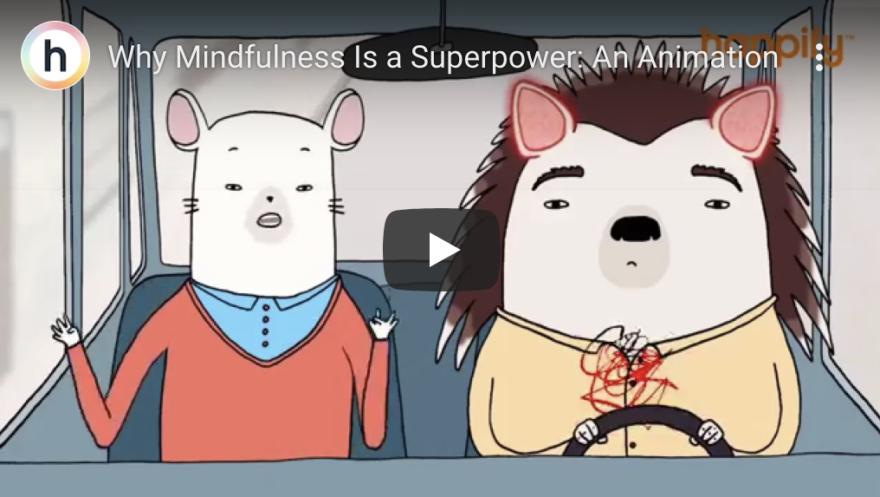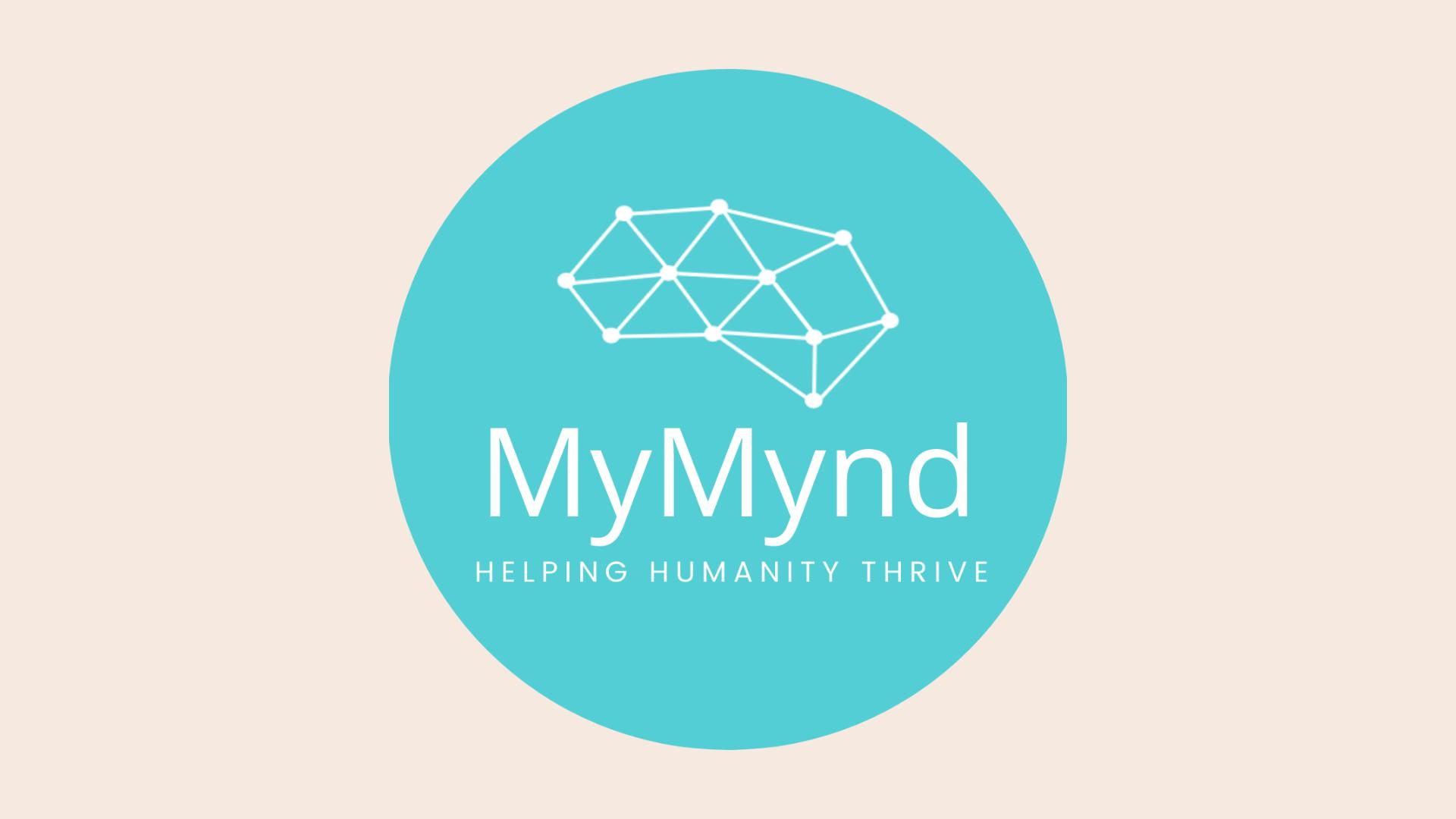What is Mindfulness?
You might have heard of Mindfulness before. And you might have read about its role in reducing stress and combating sadness or Anxiety. But what is Mindfulness and why should you learn more about it?
We live in an extremely fast-paced world and tend to forget checking in with ourselves. Our thoughts are often with the future or in the past, dwelling on things that have been or things that might happen. In doing so, we can get overwhelmed, stressed and worried.
Mindfulness on the other hand, involves focussing our attention on the ‘right here and right now’. It is a state of observing our present thoughts and feelings without judging them as good or bad. It can be a powerful tool for identifying and managing troubling thoughts and feelings. It can also help avoiding harsh self-criticism and judgement.
Mindfulness is...
'the practice of being aware of your body, mind, and feelings in the present moment, thought to create a feeling of calm.'
'about observation without criticism; being compassionate with yourself.'
'the basic human ability to be fully present, aware of where we are and what we’re doing, and not overly reactive or overwhelmed by what’s going on around us.'
Why should you practise Mindfulness?
There are many reasons to incorporate Mindfulness into your daily routine. Regularly practising Mindfulness can help you develop a better mindset, foster your emotional wellbeing, improve your relationships and ultimately, live a happier life. Mindfulness has been linked to:
Improved working memory
Lower Anxiety levels
Heightened focus
Management of physical pain
Reduced emotional reactivity
Reduced stress
Mindfulness in your daily life
Mindfulness can be practiced by anyone, anywhere, at any time of day. You do not need to be an expert to benefit from it. In fact, you might have even used mindful techniques, unknowingly, before!
Eating mindfully
Even the simplest daily activities, such as eating, can be transformed into meaningful experiences. Instead of picking up your phone or letting your mind wander, draw your full awareness to your meal. Notice how your food smells and tastes, its texture and heat. You can also apply this to any other daily activity, e.g. brushing your teeth, walking to the bus or making a cup of coffee.
Listening to others
Both at work and at home, we frequently listen to others’ feelings, feedback and thoughts. Active Listening – listening without judgement, emotions or crafting a response simultaneously – is a way to listen mindfully. By listening in such a way, we pay better attention and respond in a more compassionate and meaningful way.
Before a presentation
Certain situations, such as giving a speech or a presentation, can be stressful. You can deal with that stress by going somewhere quiet and practising some gentle breathing. Focus on what you are feeling. Do not get distracted by any negative thoughts or emotions, accept them and let them pass. They are not who you are. They do not define how good you will perform.
How can beginners practise Mindfulness?
Additional resources
Apps
Most of these applications have free versions and offer paid upgrades:
Headspace – Meditation and Mindfulness for any mind, any mood, any goal.
Insight Timer– Meditation and Yoga for sleep, Anxiety and stress.
Smiling Mind – not-for-profit daily Meditation and Mindfulness guide.
Happify – overcome negative thoughts, stress and life’s challenges.
Calm – guided Meditations, breathing exercises and sleep stories.
Be Mindful – clinically proven Mindfulness course.
Videos
More resources
There are multiple resources within MyMynd and so try another area.


